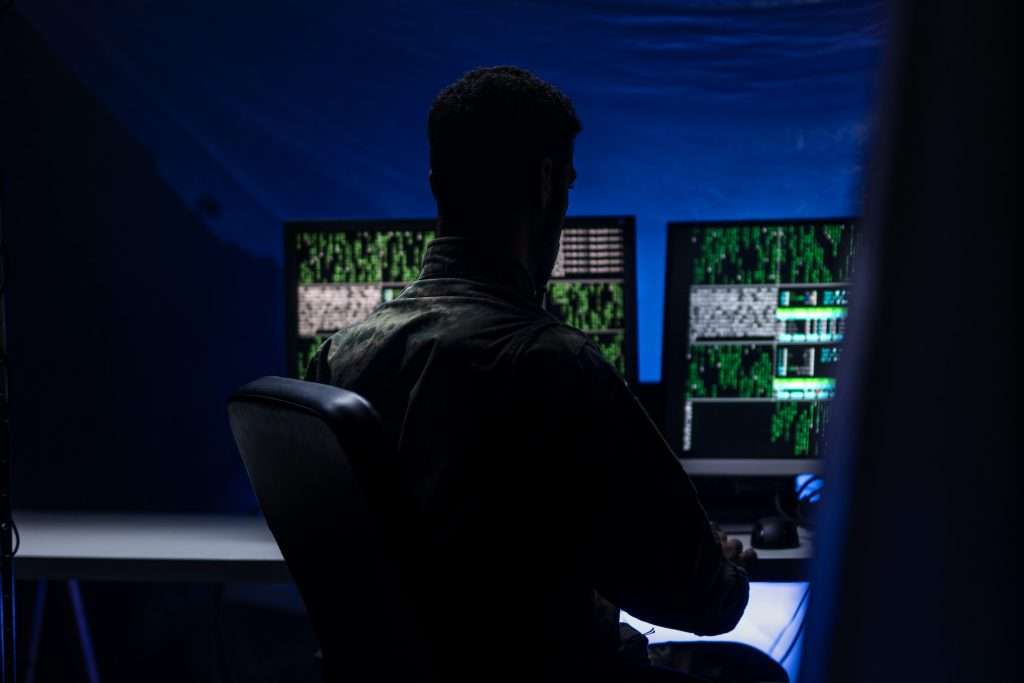Understanding Cyber Threat Intelligence
In recent years, cyber threats have grown significantly in frequency and sophistication, affecting not only individuals and organizations but also military operations. To combat these threats, a new field of knowledge has emerged: cyber threat intelligence (CTI). CTI is the process of collecting, analyzing, and disseminating information about potential cyber threats to decision-makers. In military contexts, CTI is critical in ensuring the safety, effectiveness, and success of missions.
Why Cyber Threat Intelligence is Critical in Military Missions
Military missions are complex and highly vulnerable to cyber attacks, which can compromise the confidentiality, integrity, and availability of information and services. CTI is critical in military missions because it provides decision-makers with accurate and timely information about potential cyber threats, allowing them to assess the risks and take appropriate measures to mitigate them. CTI can also help military organizations better understand the motives, tactics, and capabilities of potential adversaries, which can inform their own strategies and operations.
Cyber Threat Intelligence: Key Concepts and Definitions
CTI is a multidisciplinary field that encompasses various concepts and definitions. Some of the key concepts and definitions include threat intelligence, which refers to the knowledge about potential cyber threats; threat actors, which are the individuals or groups responsible for cyber attacks; indicators of compromise (IOCs), which are signs that an attack has occurred or is likely to occur; and attack vectors, which are the methods used by threat actors to exploit vulnerabilities. CTI also relies on various tools and techniques, such as data mining, machine learning, and human expertise.
The Role of Cyber Threat Intelligence in Military Operations
In military operations, CTI plays a critical role in ensuring the safety, effectiveness, and success of missions. CTI can help military organizations identify potential cyber threats and vulnerabilities, assess the risks and impacts of these threats, and develop strategies and tactics to mitigate them. CTI can also help military organizations monitor and analyze the actions of potential adversaries, such as their communications, movements, and activities, to detect and prevent attacks. CTI can also support situational awareness, decision-making, and communication during military operations.
Benefits of Using Cyber Threat Intelligence in Military Missions
The benefits of using CTI in military missions are numerous. CTI can help military organizations better understand the threats and vulnerabilities they face, which can inform their risk management and security strategies. CTI can also help military organizations save time and resources by providing them with accurate and timely information about potential threats, allowing them to prioritize their efforts and focus on the most critical issues. CTI can also help military organizations enhance their situational awareness and decision-making by providing them with a comprehensive and up-to-date picture of the cyber threat landscape.
Challenges of Implementing Effective Cyber Threat Intelligence
Despite its benefits, implementing effective CTI in military missions can be challenging. Some of the challenges include access to and sharing of information, data quality and accuracy, interoperability and integration of tools and systems, and coordination and collaboration among stakeholders. Another challenge is the need for human expertise and skills, such as intelligence analysis, data interpretation, and decision-making, which are critical in making sense of CTI.
Best Practices for Developing a Cyber Threat Intelligence Strategy
To develop an effective CTI strategy for military missions, it is important to follow some best practices. These include defining the goals and objectives of CTI, identifying the stakeholders and their roles and responsibilities, establishing the sources and methods of CTI, developing the criteria and metrics for evaluating CTI, and ensuring the quality and accuracy of CTI. Other best practices include fostering a culture of collaboration and sharing among stakeholders, investing in the right tools and technologies, and continually improving and updating CTI.
Emerging Trends in Cyber Threat Intelligence for Military Missions
The field of CTI is constantly evolving, and new trends and developments are emerging. Some of the emerging trends in CTI for military missions include the use of artificial intelligence and machine learning to automate and enhance CTI processes, the integration of CTI with other forms of intelligence, such as human and signals intelligence, the development of new CTI standards and frameworks, and the expansion of CTI to non-traditional domains, such as social media and the Internet of Things.
The Future of Cyber Threat Intelligence in the Military
The future of CTI in the military looks promising, as new tools, technologies, and practices are being developed and adopted. However, to fully leverage the benefits of CTI, military organizations need to address the challenges and invest in the necessary resources and capabilities. CTI is not a silver bullet, but it can significantly improve the resilience, agility, and effectiveness of military missions in the face of growing cyber threats. By staying alert, informed, and prepared, military organizations can better protect their assets, operations, and personnel from cyber attacks.
Resources and Further Reading on Cyber Threat Intelligence
- The Cyber Threat Intelligence Integration Center (CTIIC)
- The Cybersecurity and Infrastructure Security Agency (CISA)
- The National Cybersecurity and Communications Integration Center (NCCIC)
- The MITRE ATT&CK Framework for Cyber Threat Intelligence
- The SANS Cyber Threat Intelligence Summit
- The Cyber Threat Intelligence Network (CTIN)
- The Cyber Threat Intelligence and Incident Response Report by Forrester Consulting







